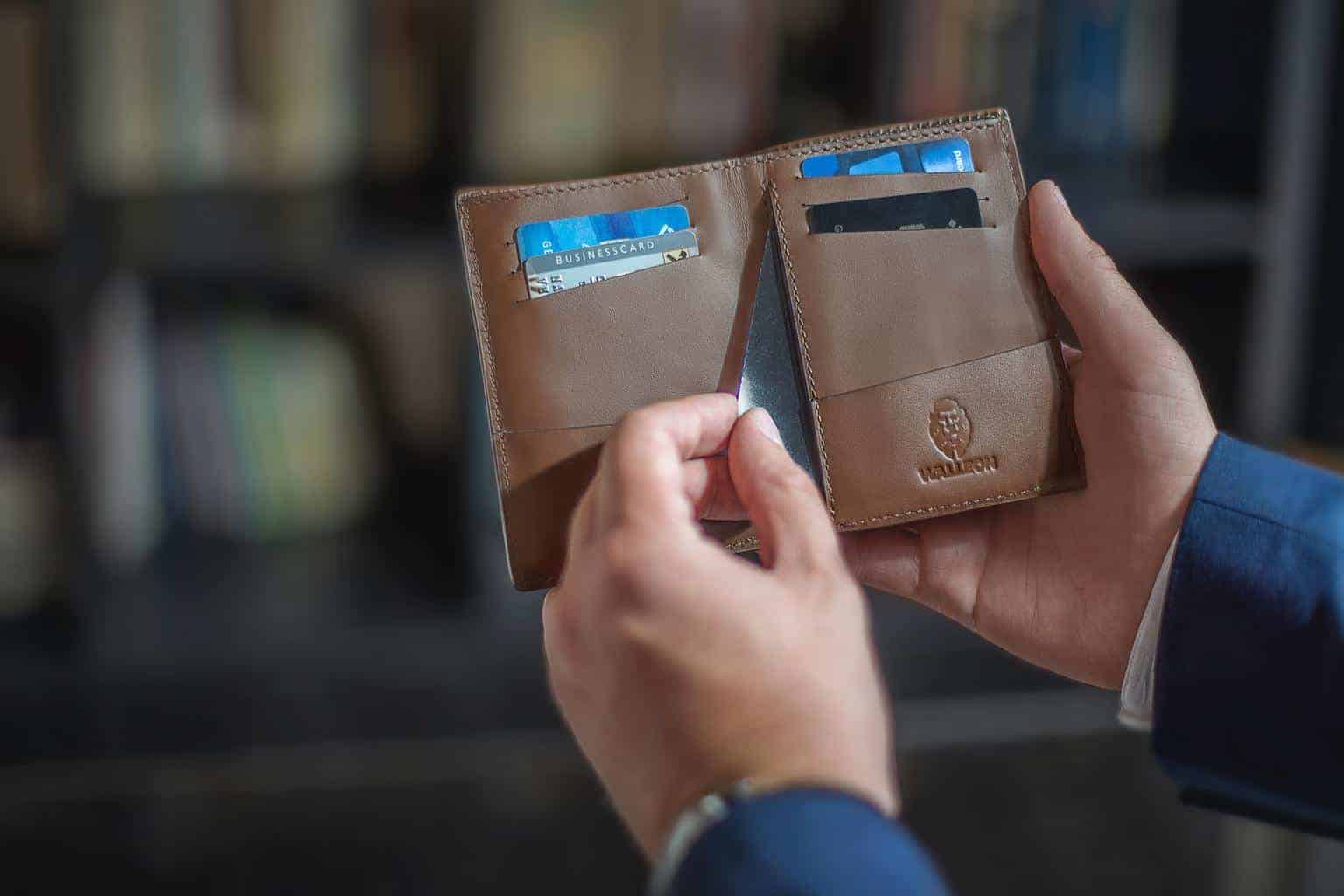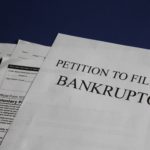It’s relatively easy to get into credit card debt. Paying it off is another story, thanks to the minimum payment trap and excessive interest rates credit card issuers charge.
If you’re struggling to pay off credit card debt or can barely afford to pay the minimum each month, there’s hope. Before you throw in the towel and give up, consider a form of credit card relief.
What is Credit Card Relief?
It includes options that entail getting you out of credit card debt without paying the outstanding balances in full. Many of these methods could have severe repercussions for your credit health, so it’s best to try and repay creditors in full if possible.
Otherwise, credit card relief should only be used when you’re overwhelmed with the balances and can’t foresee paying them off within three to five years. You also have to consider the amount you owe. If it’s 50 percent or more than what you earn annually before taxes and deductions, credit card relief could be viable.
Credit Card Debt Relief Options
Here are some options to help you get out of credit card debt without repaying your balances in full:
Contact Your Creditors
Reach out to your credit card issuers to determine if you qualify for a hardship program. Some creditors have short-term options to help you get back on track without wrecking your credit score. They could agree to reduce your interest rate, minimum monthly payment or suspend payments altogether for a few months.
If you don’t have any luck with this approach, try hanging up and calling back until you reach a representative who’s willing to help. But if you’ve already tried several times and the credit card issuer won’t budge, move on to other forms of relief.
Debt Consolidation
Debt consolidation is another way to preserve your credit score. But you’ll likely need good or excellent credit to qualify for a balance transfer credit card or debt consolidation loan. Also, be mindful that you’ll technically repay the entire principal balance using this method. However, you could save several hundred or thousands of dollars in interest if you get a lower interest rate, shorter repayment period or both.
Word of caution: debt consolidation to eliminate credit card balances is only effective if you avoid using the high-interest credit cards once they’re paid off. Otherwise, you’ll end up with even more debt than you started with. If your spending is out of control, you probably want to avoid debt consolidation altogether.
Debt Management Plan
You can reach out to a credit counseling agency to get help with basic money management skills. They can also advise you on effectively managing your debts and creating a tailored action plan to help you move forward. Many also offer debt management plans (DPMs) to help you get out of credit card debt faster and possibly reduce what you owe.
Here’s how it works:
- You agree to enroll in a debt management plan.
- The credit counseling agency notifies your creditors and attempts to negotiate concessions on your behalf, including fee waivers and reduced interest rates.
- You make a single monthly payment to the credit counseling agency.
- The credit counseling agency pays each of your creditors the agreed-upon amount, usually less than what you were paying.
- You continue to make monthly payments to the credit counseling agency until you’ve repaid the outstanding balances.
Sounds ideal? It could be, but here’s the catch: you’ll probably have to close your credit card accounts while enrolled in a DMP, which could mean bad news for your credit score. There are also fees to be mindful of, and missed payments could result in termination from the plan.
Debt Settlement
Debt settlement companies work with your creditors to settle your credit card debt for less than you owe. Many individuals enrolled in debt settlement programs stop paying creditors to expedite the process. Instead, they put the funds towards the required monthly payment into a dedicated account that’s used to pay creditors when an agreement is reached. The debt settlement company will get a percentage of the settlement amount every time a debt is settled.
You can also take a DIY approach and contact the credit card companies on your own. It could be more challenging, though, since debt settlement companies often have relationships with credit card issuers and could get results. However, you risk the account being charged off if the creditor isn’t willing to budge.
Bankruptcy
If the other credit card relief options don’t work for you, consider speaking with a bankruptcy attorney to determine if you should file. Chapter 7 (liquidation) bankruptcy could wipe out the bulk of your credit card debt. But you may have to surrender property, depending on your state of residence.
There’s also Chapter13 bankruptcy if you don’t qualify for Chapter 7. It’s a court-approved repayment plan that spans three to five years. The amount you pay each month is based on your income and debts. Any remaining unsecured debt balances will be discharged if you successfully complete the plan.
Bankruptcy should be used as a last resort as it will damage your credit. Furthermore, the negative mark will stay on your credit report for a bit – ten years from the filing date for Chapter 7 and seven years for Chapter 13.
What Are the Best Options to Pay Less Credit Card Debt Than What You Owe?
For starters, you want to initiate contact with your creditors to determine if they can provide some form of temporary relief. If they agree to enroll the account in a hardship program, you’ll have an ample amount of time to research other options in-depth.
Otherwise, check your credit score to see where you stand. If you have good or excellent credit, you could qualify for a debt consolidation loan or balance transfer credit card and save a bundle in interest.
Debt consolidation not an option? Contact a credit counseling agency to see if your situation is a good fit for a DMP. Keep in mind that you have to be willing to part ways with your credit cards.
But suppose you can no longer afford the minimum payments on your credit cards. In that case, debt settlement or bankruptcy can be used as a last resort.







